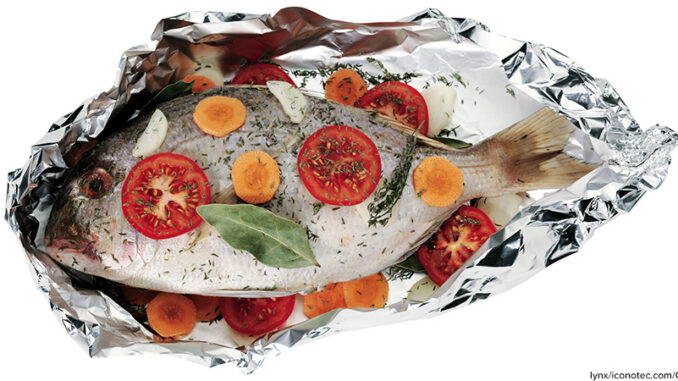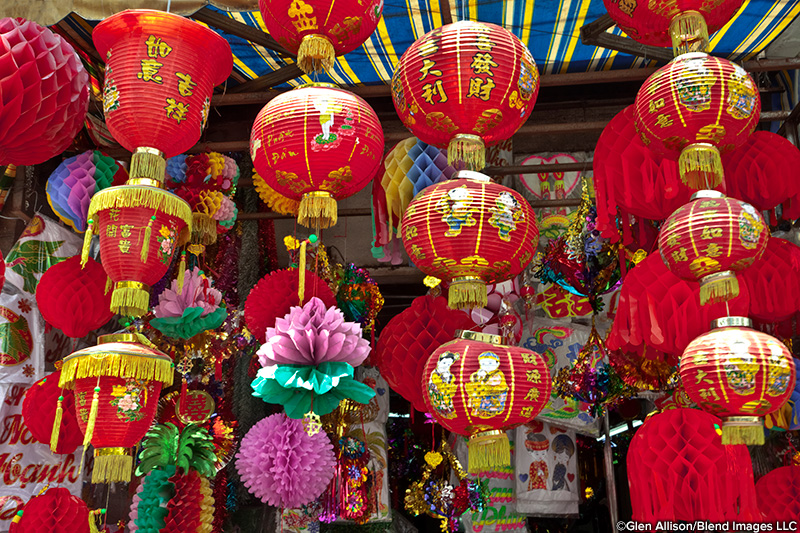
Eurozone Update
This time last year, btw brought you a story regarding the European Debt Crisis. One of the biggest threats to the European Union (EU) has been the state of Greece’s economy. After much negotiation, the European Commission signed a Memorandum of Understanding (MoU) with Greece, agreeing to give the country up to $86 billion in financial assistance over three years. But the economy remains unstable in Greece as educated and highly-skilled workers are relocating to other countries with stronger economies, hoping to find a job.
As for the rest of Europe, the other nineteen eurozone countries have been recovering slowly. However, the global outlook (including significant dips in the stock market in China) has many concerned that there will be a continued struggle. The good news is that analysts say that there is little risk that Europe will fall into a recession. One way to measure the economy is the Gross Domestic Product (GDP). This is the amount of goods and services produced in a country within a particular amount of time. Germany remains the strongest economy in Europe, and reported a 1.1 percent increase in the fourth quarter of 2015. France increased its GDP by 1 percent and Italy by 0.4 percent.
Dig Deeper Keep following this story, paying particular attention to Greece, which some fear will slip into recession once again. Find out what measures will be taken (if any) to assist.
Fish Consumption Can Aid Fight Against Alzheimer’s
Alzheimer’s disease is a progressive brain disorder that currently affects more than five million Americans. With the last of the Baby Boomers reaching retirement age in the next decade, there has been growing attention on ways to reduce the risks of developing the degenerative disease. A new article published in the Journal of the American Medical Association (JAMA) suggests that eating seafood can reduce the risk to a certain population of people likely to develop Alzheimer’s.
The study was conducted by researchers at the Rush University Medical Center in Chicago, Illinois. They looked at the autopsied brains of 286 people who carried the ApoE4 gene variation (an indicator of increased risk for Alzheimer’s). The scientists found that those persons with the ApoE4 gene who consumed at least one meal with seafood a week had a considerably lower risk (47 percent) of developing the disease. This is due to the levels of mercury, a known neurotoxin that can cause cognitive problems in the unborn children of pregnant women who ingest it. The study says that mercury does not have the same negative effects on the aging.
What Do You Think? Does anyone in your family or neighborhood have Alzheimer’s? If so, are there certain measures caretakers engage in to help treat or stop the progression of the disease? What are they?
Saigon Silicon Valley?
If you know anything about Vietnam, it is likely about the U.S. involvement in the armed conflict between the North and South, that spanned nearly two decades (from the late 1950s to the early 1970s). But two American-born technology entrepreneurs are hoping to change all of that. Binh Tran and Eddie Thai run a US-based venture capital firm (a collective of wealthy investors who invest in businesses). They believe that Vietnam has been one of the fastest growing markets in the world. Google chief executive Sundar Pichai recently visited Vietnam and predicted that the country would soon become a very important market for that digital information company.

Companies like Samsung are increasingly drawn to Vietnam’s capital city Ho Chi Minh City (formerly Saigon) because of the surge of new Internet users (from four million just a decade ago to more than 40 million today). Generous tax incentives as well as a young and well-educated workforce are other appealing motivations for relocating. Instead of focusing on the well-known and popular urban markets, Tran and Thai are currently focused on foundational technologies that will help businesses run more effectively.
Dig Deeper Vietnam is a communist country. Find out what kinds of challenges capitalists face in developing this area into a technological hub.
Pope and Patriarch Seek Peace
In the Christian faith, there are two major divisions—Protestantism and Catholicism. Within the Roman Catholic church there are two major divisions—Eastern Orthodoxy and the Roman Catholic church. In the year 1054, the latter two groups were divided in an event called the Great Schism. Tensions between the followers of both have carried on into the present. The divisions include language, politics, and the theological differences in which they practice their faith. Earlier this month, however, the leaders of each organization met in an attempt to find common ground and heal the 1,000-year separation.
Pope Francis, representing the Roman Catholics and Patriarch Krill of Moscow and All Russia representing Eastern Orthodoxy, came together on February 12. It was the first meeting of two such leaders for almost 1,000 years. They chose Cuba as their meeting place because of its symbolic location as the “crossroads” of the North, South, East and West. After a two-hour meeting at the Havana airport, they held a press conference, saying they had created a joint-declaration.
They laid out 30 points. One of them spoke favorably of a future when unity between the two groups could be restored and asked Christians to pray for that possible unification. The two religious leaders also urged the international community to work toward ending violence such as the terrorism occurring in the Middle East and in other parts of the world.
